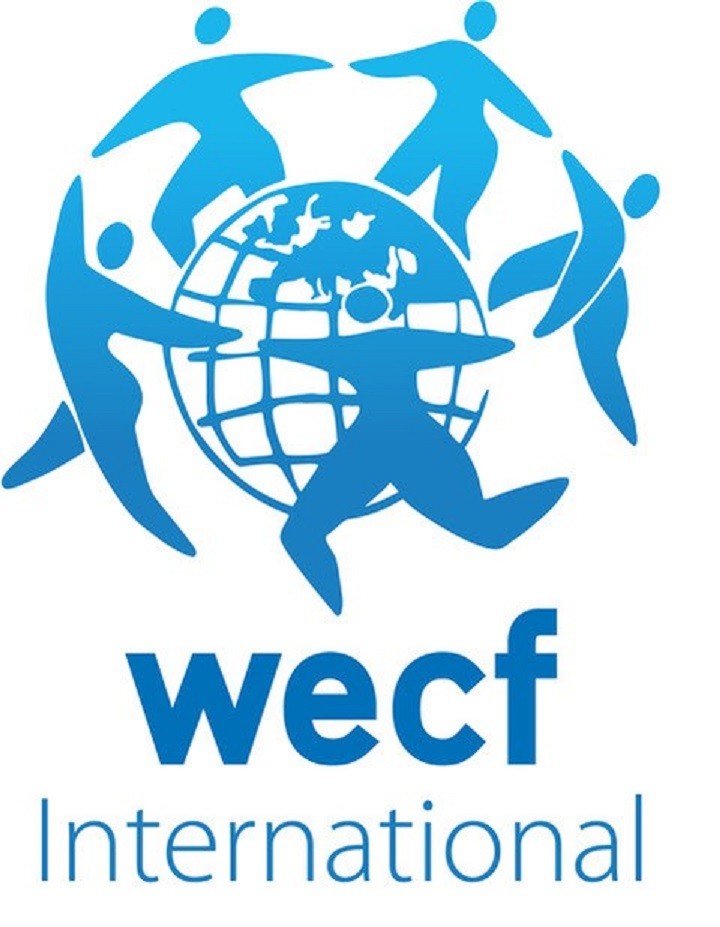Introducing sustainable wastewater and nutrient management in rural Georgian communities Reducing pollution of the Black Sea caused by human settlements at the Khobi river flowing into the Black Sea.
Women Engage for a Common Future
WECF
Activities under the project focused on prevention of environmental pollution, on education, health and hygiene matters so that physical facilities are properly used and maintained. The project raised awareness and contributed to saving biodiversity in the region and enhance the tourism industry . Lessons learnt from the project had been used for up-scaling and replication in nine other villages in the region.
Mission
Raising awareness in the target region about minimizing the pollution of the Black Sea. Demonstrating and promoting safe resource oriented solution to stop the infiltration of human and animal excreta into the river and the groundwater.Approach
With a holistic approach, the project addressed the problem of water contamination, caused by widely used pit-latrines, poor management of water resources, uncontrolled animal grazing, intensive use of chemical fertilizers, open and unsafe disposal of waste, including animal manure in several regions in Georgia. The project identified appropriate simple, affordable decentralized sanitation systems, such as urine diverting dry toilets (UDDT) and promote their adaptation. The action raised awareness and demonstrated appropriate technologies (for toilets, animal manure disposal, production of fertilizers, arranging community-managed landfills, recycling, composting, water treatment, etc.) with the participation of the communities to be served. The project was funded by the United Nations Environment Programme UNEP.Answer questions about the project
Filter / Tags
Rural areasPublic awareness, advocacy and civil society engagement Specific to one or several countriesToilets or urinals (user interface)Resource recovery Urine diversion dehydration toilets (UDDTs) Other funding source or unspecifiedRuralPoliticians and local decision makersFertiliserInternational NGO
Related Countries
Georgia

Project location
